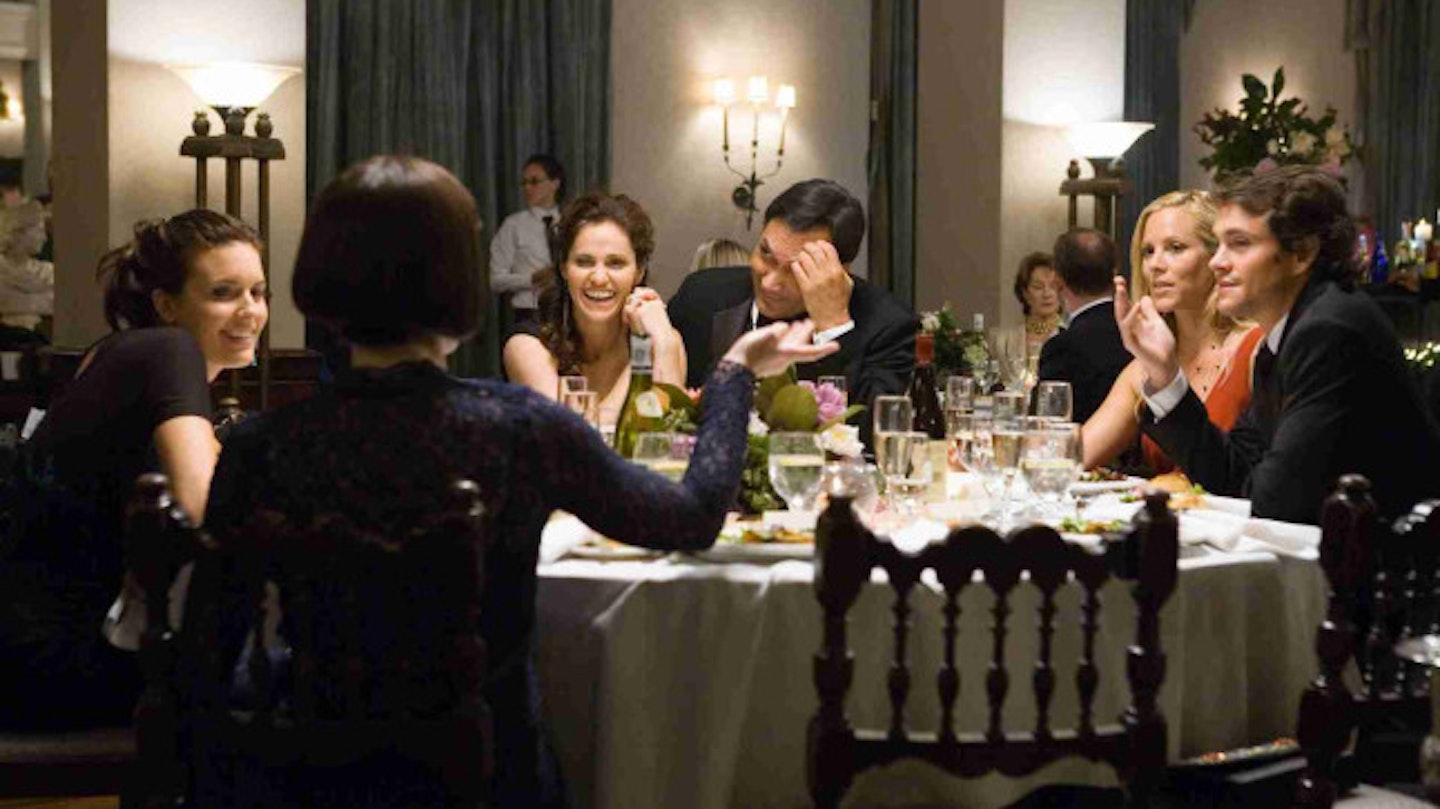Last week, a civil affairs department in Jiangsu, a province in China introduced a ‘divorce test’ for couples applying to end their marriage, in an effort to help couples reconcile. Essentially, it’s a bunch of somewhat personal questions that, should you score above 60 on, will indicate that your marriage still has hope, versus being totally hopeless. Yeah, pretty bleak.
Questions on the test include the following:
‘What is the best memory between you and your partner?’
‘How many times have you travelled together?’
‘What is your partner’s favourite food?’
‘What is your child’s favourite snack?’
Apparently, if you can answer all of these questions correctly, you shouldn’t be getting divorced. Because knowing each other’s favourite food is the stuff that REALLY saves marriage, not, you know, solving any tension created by infidelity, growing apart or financial stresses, knowing they LOVE roast chicken is the real key to solving marriage problems.
According to a state-run news outlet, Global Times, ‘the aim is to let both sides understand themselves, and the other side, and recall little moments in their marriage’. It is in response to growing divorce rates in China, with 3.4 million Chinese couples filing for divorce last year, an increase of 8% from the year before, according to the ministry of civil affairs.
In 2016, President Xi Jinping said families are the ‘cells of society’ and China’s supreme court asked courts to establish when couples who are filing for divorce are in a state of ‘marital crisis’ versus ‘marital death’ in order to help stem divorce rates.
Of course, the test has been met with much criticism, with some suggesting a test before marriage would be more appropriate. However, it’s not just the test that seems futile, it’s the entire attitude towards divorce.
Divorce does not automatically mean a family has failed, or is broken, it simply means two people no longer want to be legally tied to each other. Surely, instead of attempting to force people to stay in unhappy relationships, it would be healthier to teach people how to co-parent and continue a healthy family relationship despite not having parents that are romantically attached.
According to The Guardian, the rate of divorce in China is growing because of ‘increasing financial independence of Chinese women and growing intolerance of domestic violence and extramarital affairs.’
From our perspective, those things are only positive advancements, and so we shouldn’t be telling women to stay in marriages that aren’t healthy for them, emotionally or physically. Instead, we should surely be teaching people that they are just as valuable to society regardless of whether they are single, married, partaking in a traditional family or not.
The emphasis on maintaining high rates of marriage only belittles all of the families that would rather not partake in the institution when they are in just as meaningful relationships as otherwise.
Since drawing criticism, the department in Lianyuwang, who introduced the test, have confirmed it is voluntary, and have also introduced a voluntary marriage examination and free marriage counselling.
Click through to see all of the movies you should watch post-divorce...
Top 10 movies to inspire you after your divorce
 1 of 9
1 of 9mrs-doubtfire-216398_w1000
 2 of 9
2 of 9he_s_just_not_that_into_you1
 3 of 9
3 of 9maxresdefault
 4 of 9
4 of 91416385637-the-jane-austen-book-club-4
 5 of 9
5 of 9Young-and-free-the-first-wives-club-7916219-1008-576
_646x363.jpg?auto=format&w=1440&q=80) 6 of 9
6 of 927050_kramer-protiv-kramera_or_kramer-vs-kramer_1600x1200_(www_GdeFon_ru)
 7 of 9
7 of 9movie-review-photo-_-the-break-up-screen-savor
 8 of 9
8 of 9women
 9 of 9
9 of 9